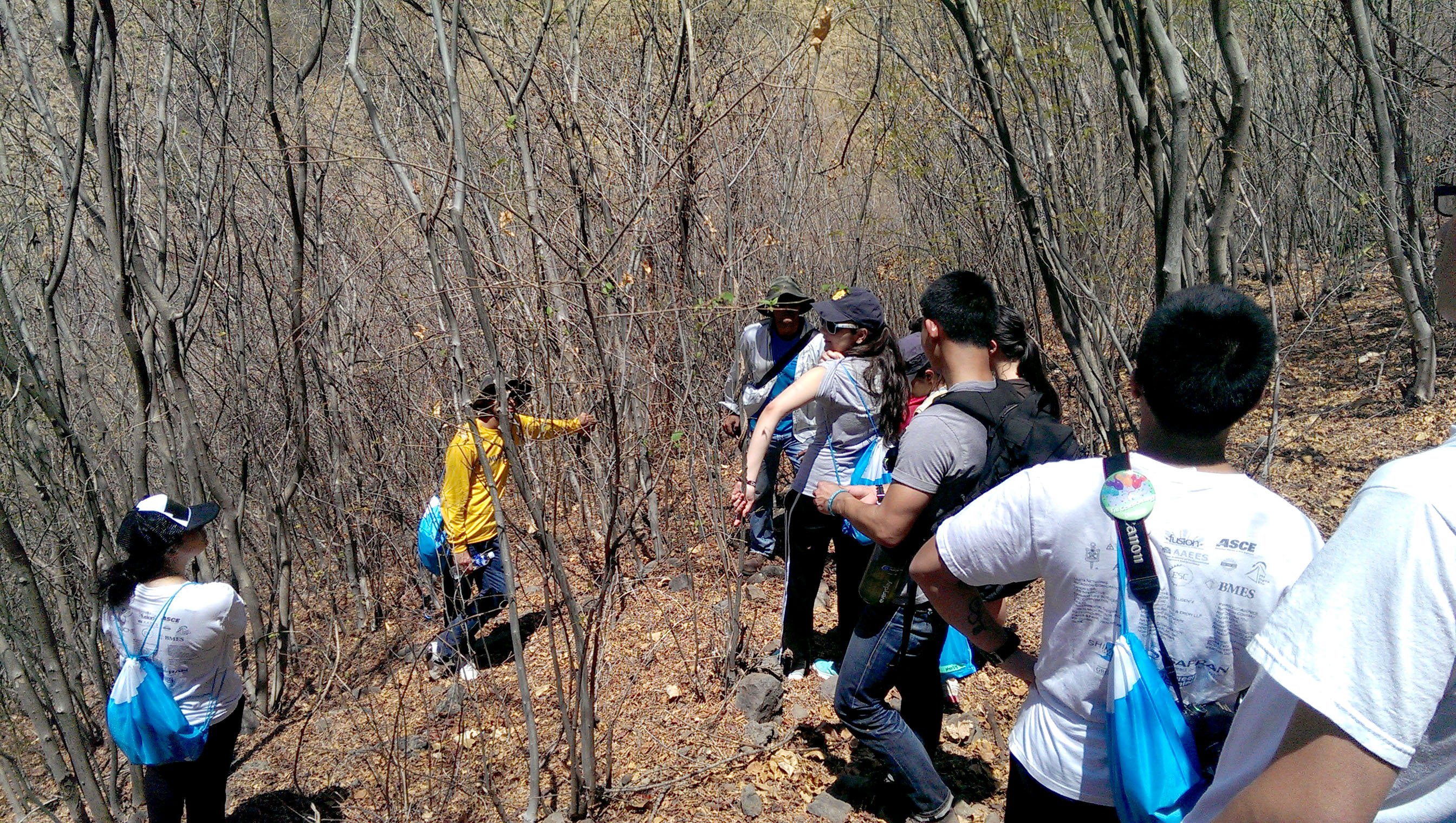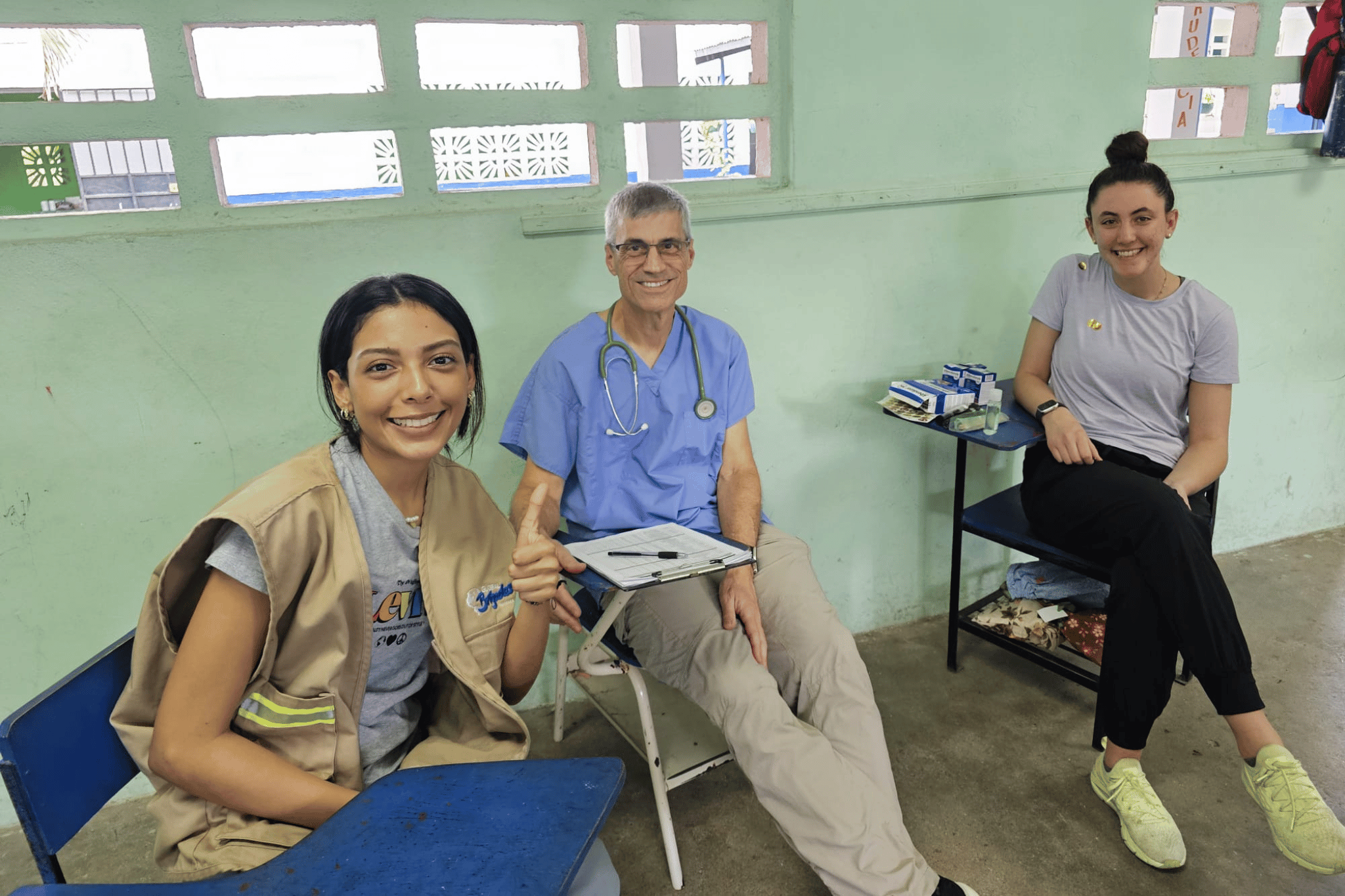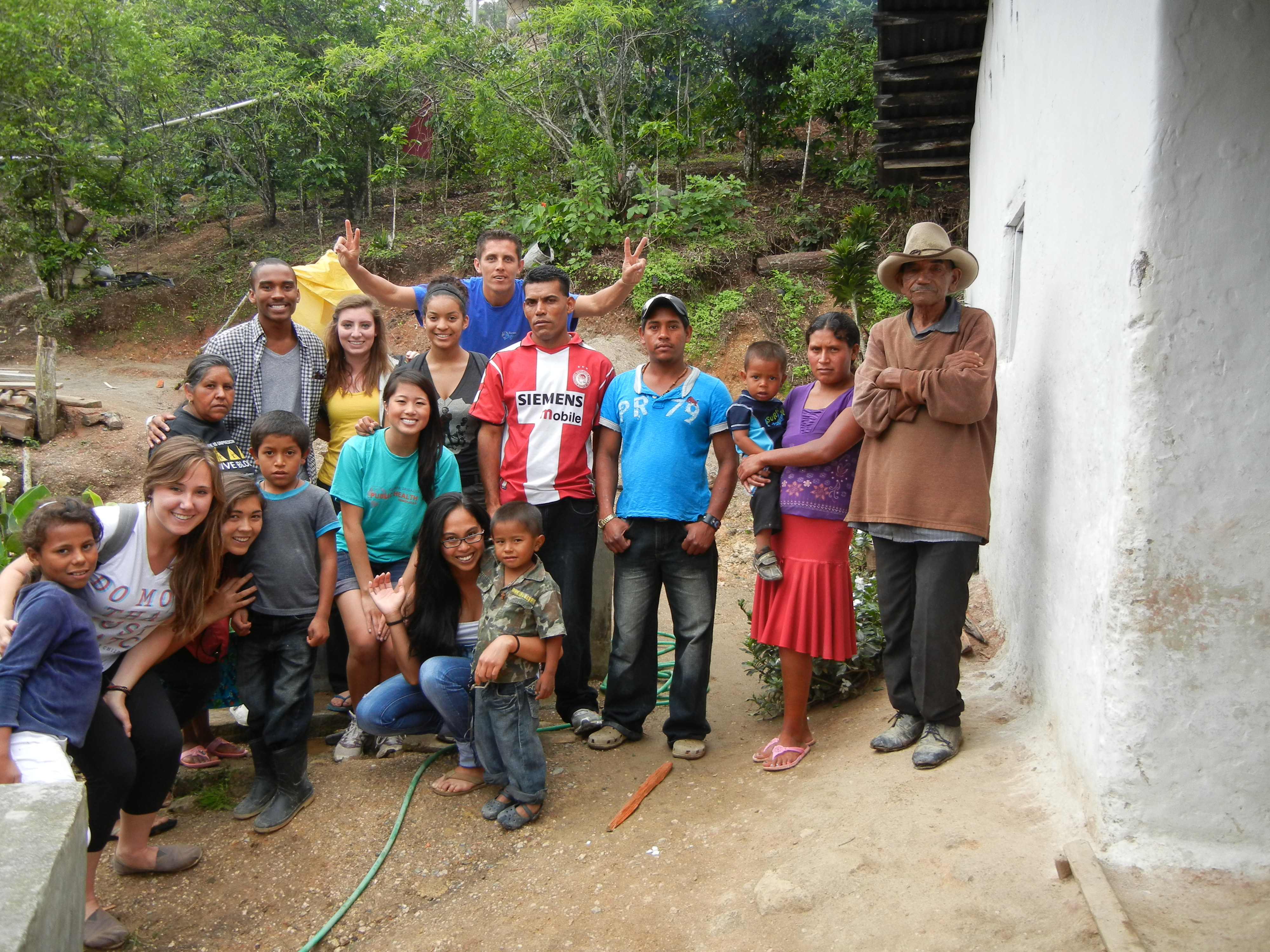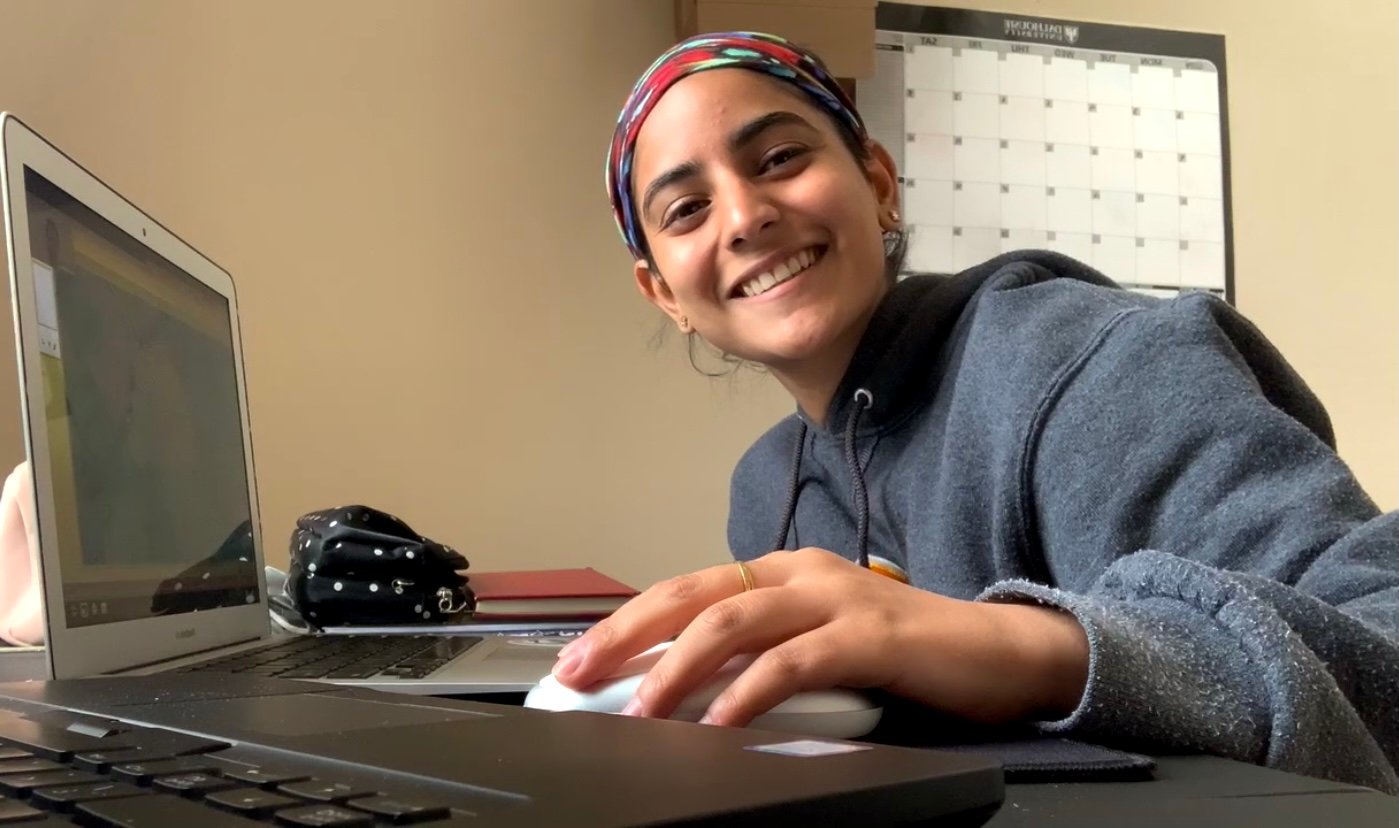Empathy is not the same as sympathy.
When you show sympathy, you demonstrate emotion as an outsider. “I don’t understand how you’re feeling. I feel sorry for you.”
On the other hand, by showing empathy, you understand–or at least try to understand–the emotions and thoughts the other person may be experiencing.
You know those people who try to give relationship advice, but have never been in a relationship? Would you trust their advice? Probably not.
I visited Honduras on the first Engineering Brigade with UC Irvine in March. Our goal was to map out the development of a gravitational water system throughout the communities of Los Hatillos 1, Los Hatillos 2, and Familias Unidas.
Only one person from our group had been to Honduras beforehand–she was born there. The rest of us hadn’t the slightest idea what hardships community members faced to obtain water for just one week–often less. We could only use our imaginations.
Or we could experience their hardships first-hand.
We hiked well over two hours uphill to reach a water source on two separate occasions for the different communities. That didn’t include the hike back to town.
These weren’t paved concrete roads. There weren’t any clear dirt trails like you’d find when you go for a leisurely hike. There were no trails. Community members had to cut branches with machetes to clear a path.
One of us almost fell off a cliff.
Imagine yourself hiking uphill for two hours holding an empty five gallon bucket. Not too bad. When you reach the water source (hopefully it hasn’t dried up), you fill your bucket up and hoist it up onto your shoulder. Now it’s time to hike back down two hours.
Imagine how much water you lose as you hike down.
Now imagine doing that three times a week. It isn’t over yet. Now imagine having to take care of your children and figuring out how to make money to buy dinner.
Unfortunately there are likely many other aspects of living to consider before saying you completely understand what a person is experiencing.
Take for example, an organization that goes into a community and, without any consideration to the needs of the community, decides to build a school. On the surface it seems like a great idea. Schools mean education.
There are a few loopholes in that plan. Take for instance, there’s already a school and there aren’t even enough teachers for that school. Students can’t go to school because they’re busy working to help their parents make money and survive. What’s the point of building a new school then?
The first step to helping someone–better yet, a community–is trying to understand what they are going through. You can’t help by being an outsider and telling them how to fix their problems. You have to do the hard work, and sweat, and struggle, just as they do.
Only when do you do that, will you understand who you’re trying to help and how you can help.
If you want to help, show empathy, understand and really try to feel what the other person is feeling.
Walk a mile or two in their shoes.
David Ly Khim is a graduate from UC Irvine and was part of the first Global Engineering Brigade team that began work in Honduras. He is pursuing a career in digital marketing and is a Co-Founder of The UP Lab. For more articles, visit his personal website.




